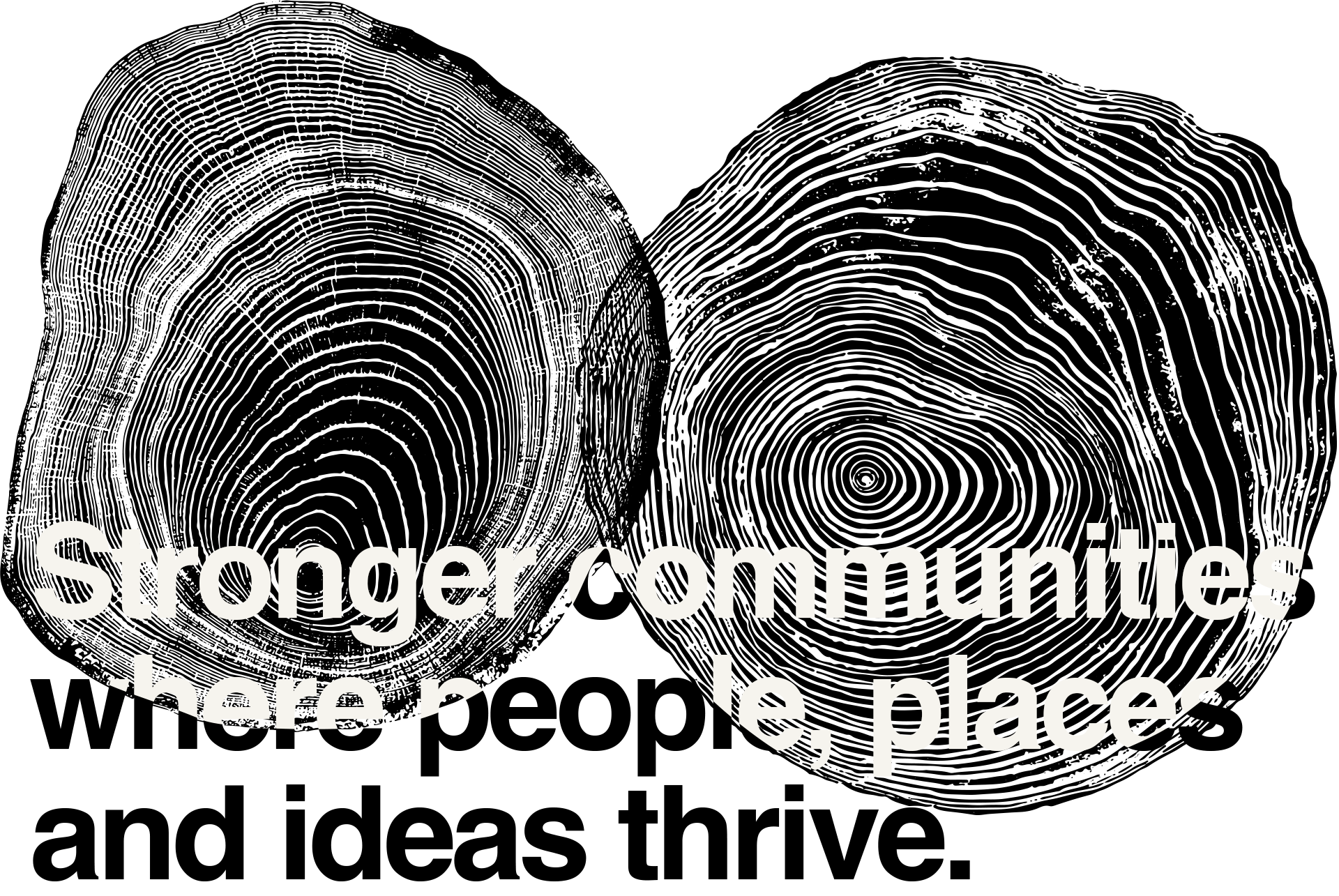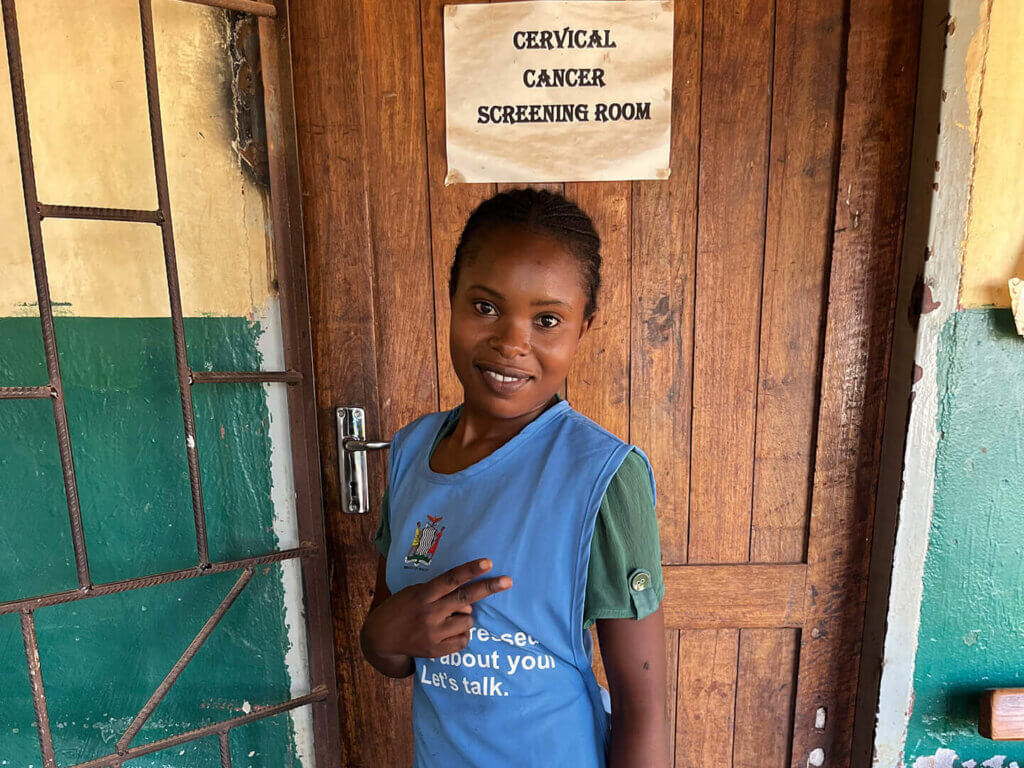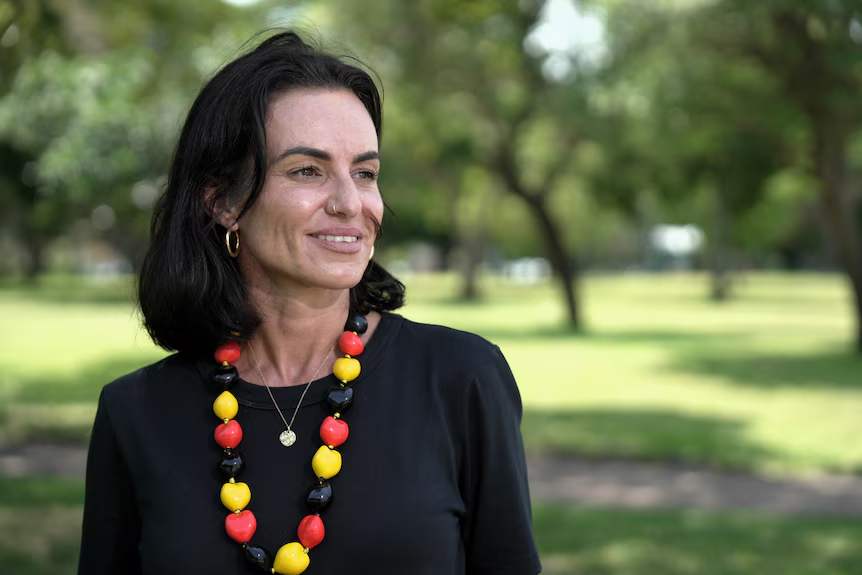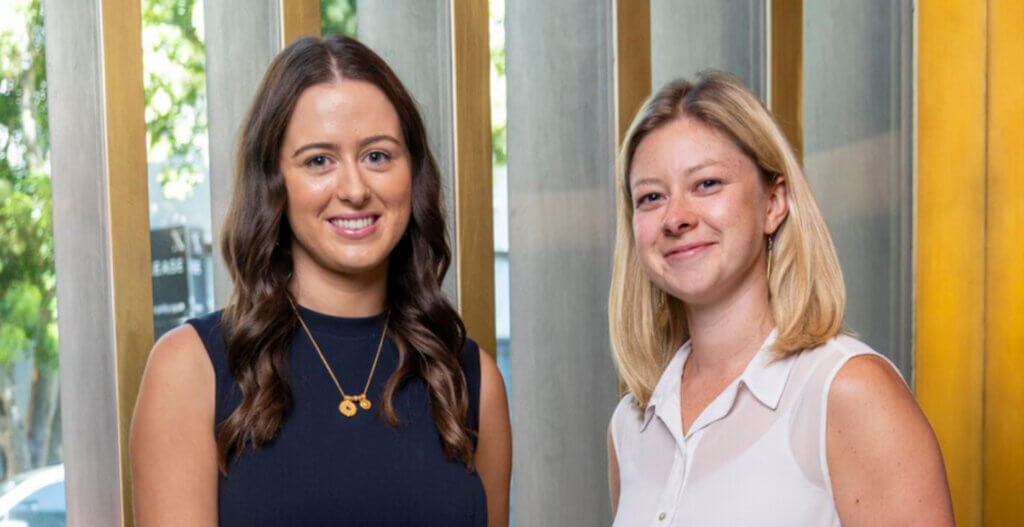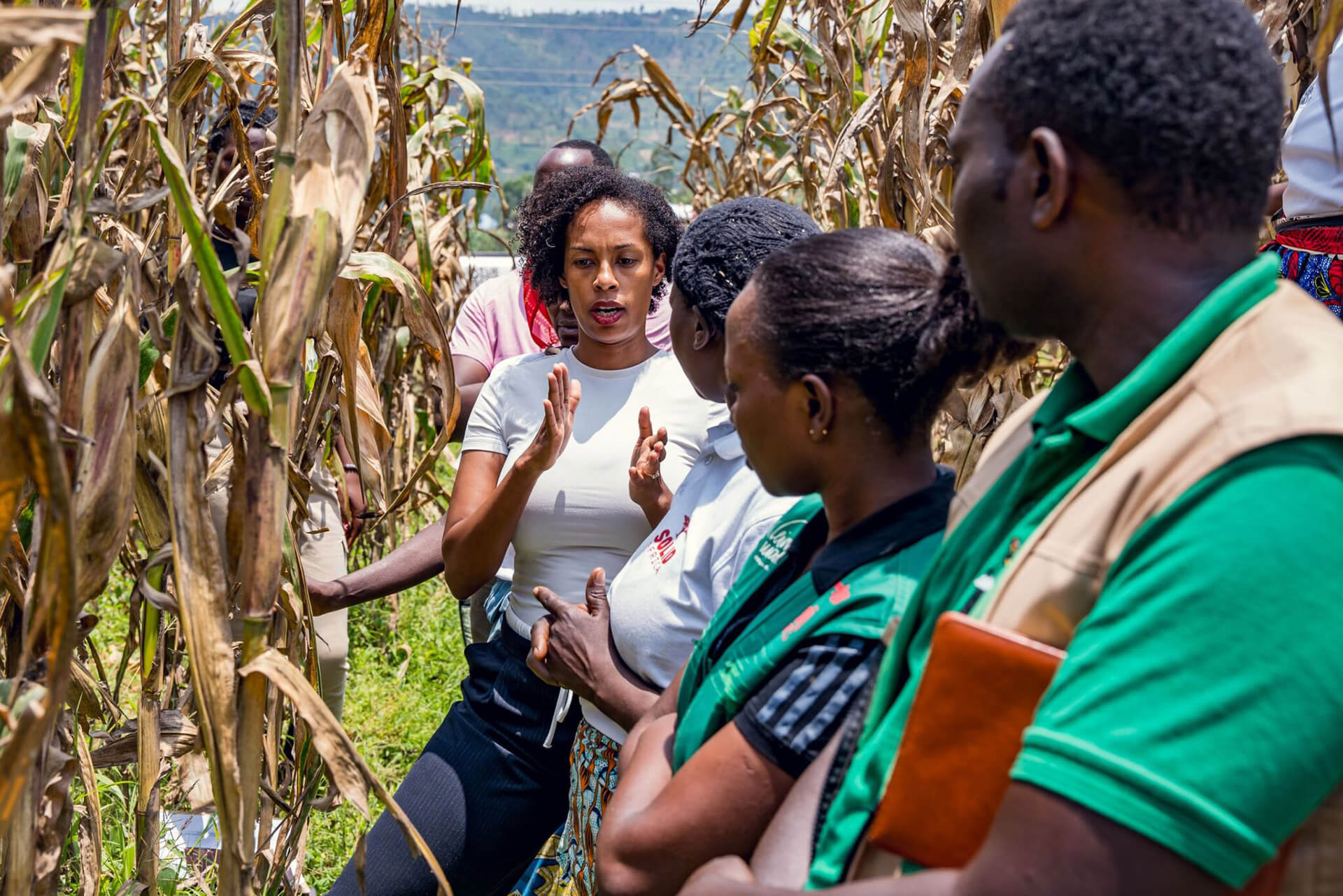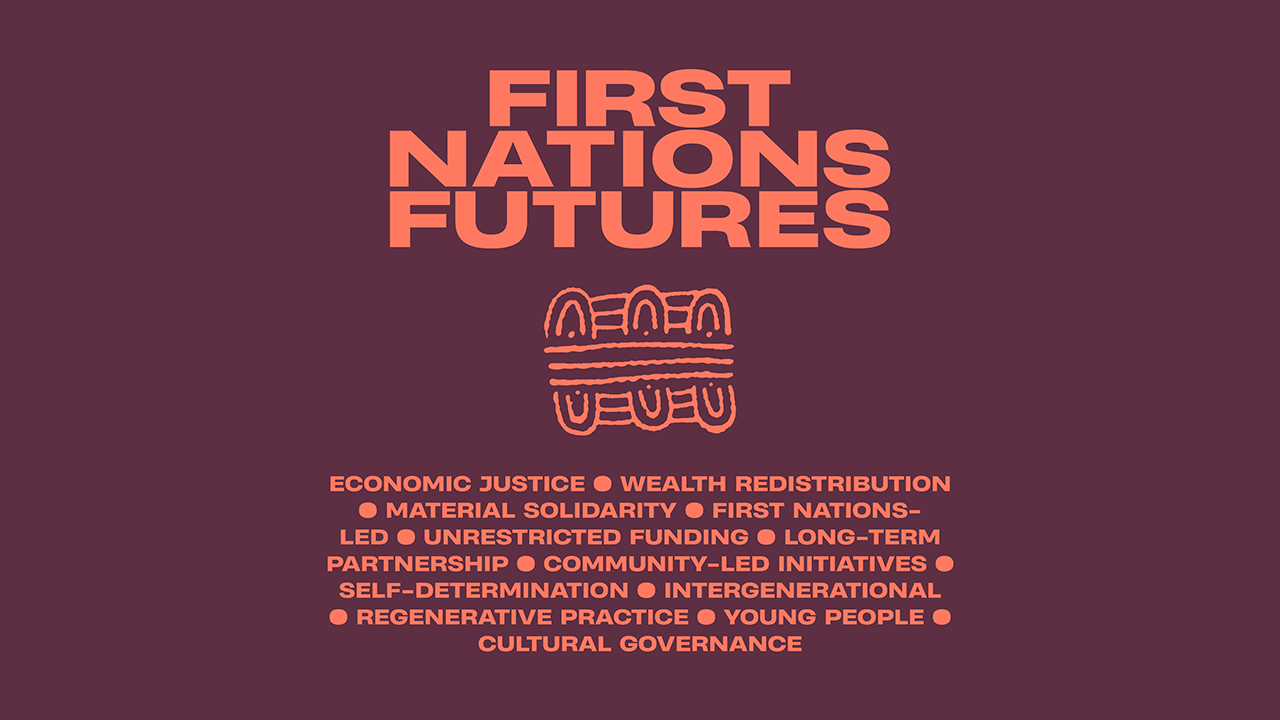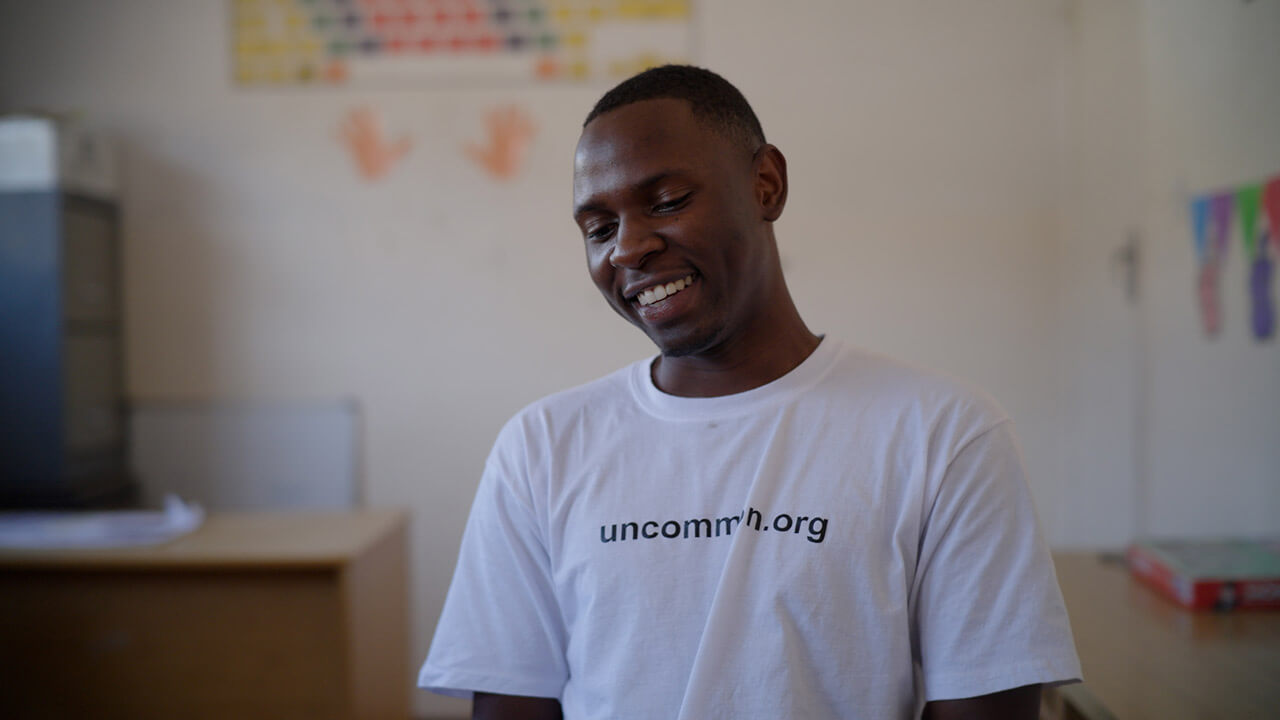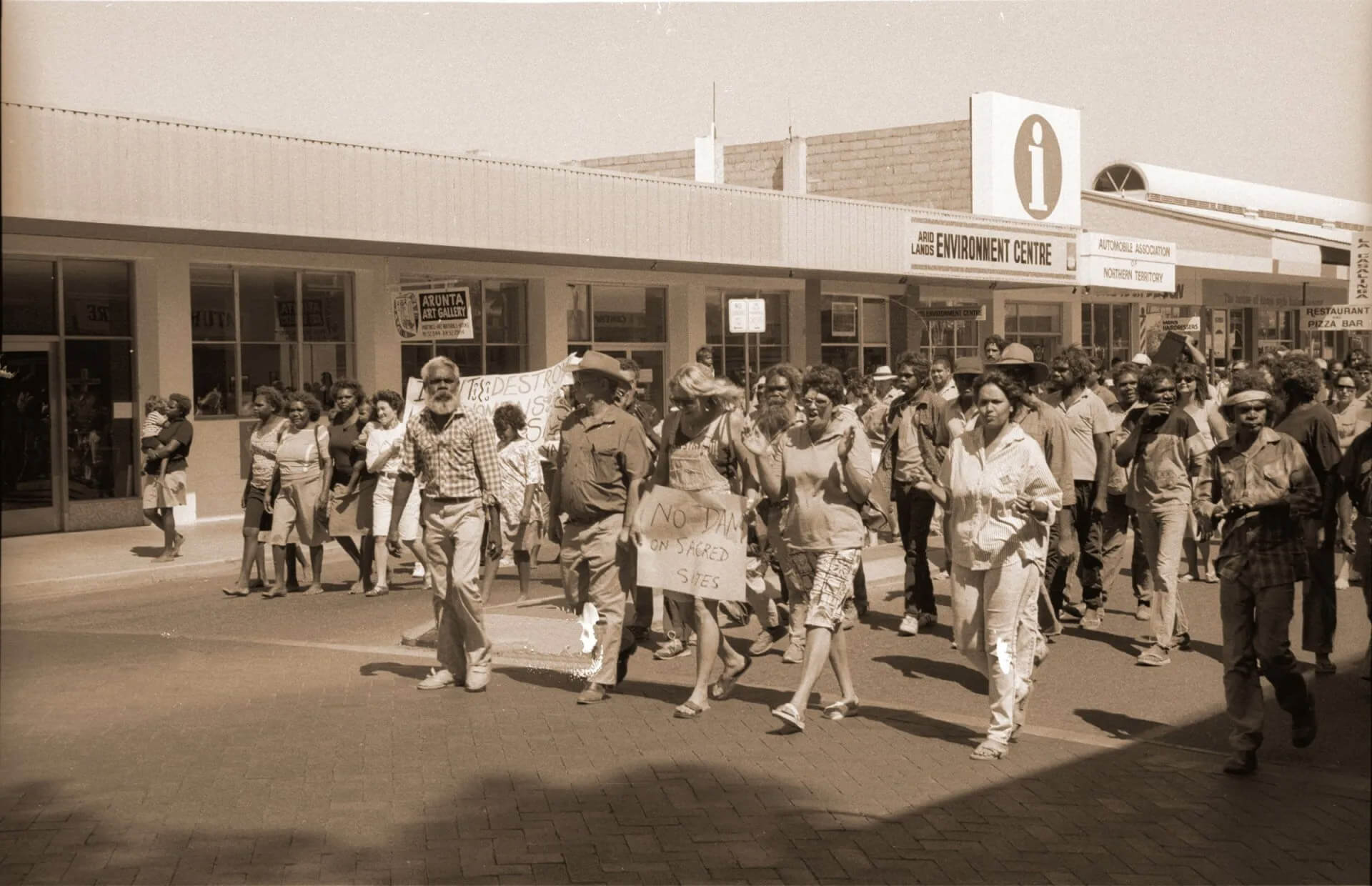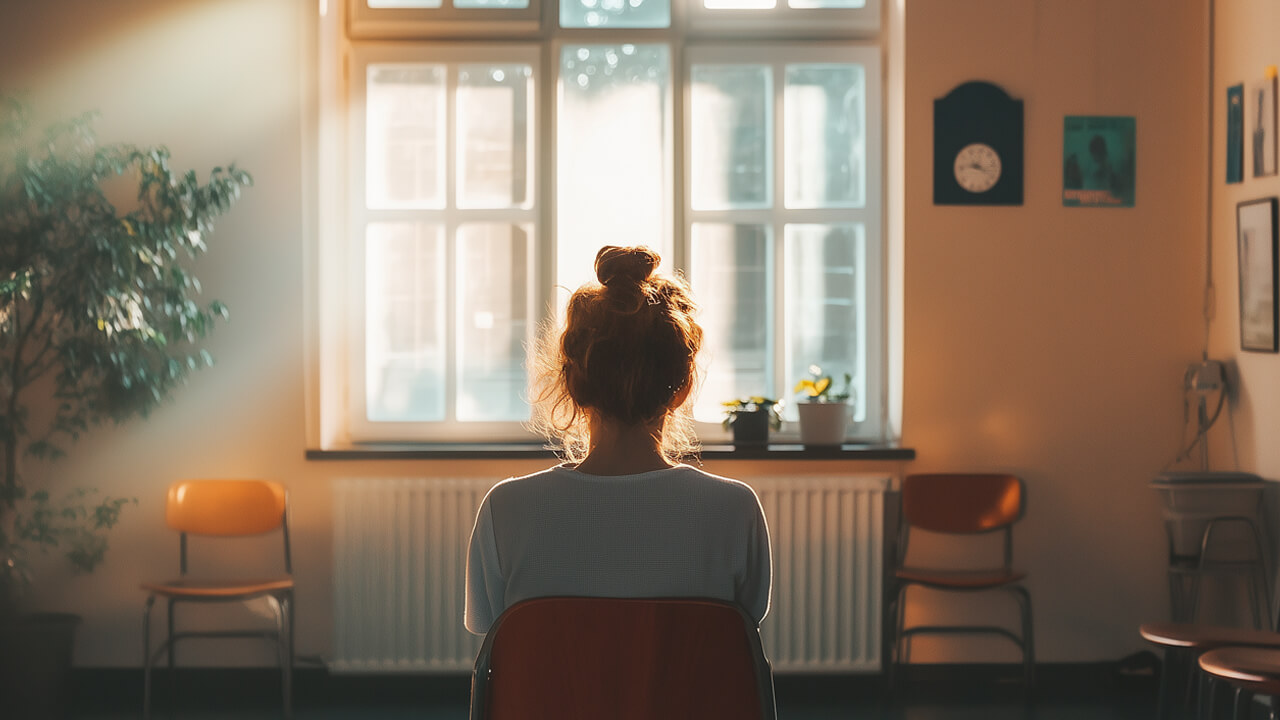Investing in people, places, and ideas for stronger communities.
Portfolios
Partners
Partnerships are at the heart of what we do. We work with organisations aligned with our strategic goals and values.
Our portfolios
Africa
Across sub-Saharan Africa, we back partnerships that strengthen health systems, grow inclusive economies, and support African leadership. We prioritise impact for women, girls and young people.
Australia
Our work in Australia focuses on economic equity, justice, and safety for women and girls experiencing systemic disadvantage. We support community led organisations, prioritise First Nations women’s leadership, and fund solutions for long term change.
Innovation
We back bold ideas and practical solutions that rethink how systems work and who they serve. This global portfolio supports creative thinking and collaborations with the potential for lasting change.
